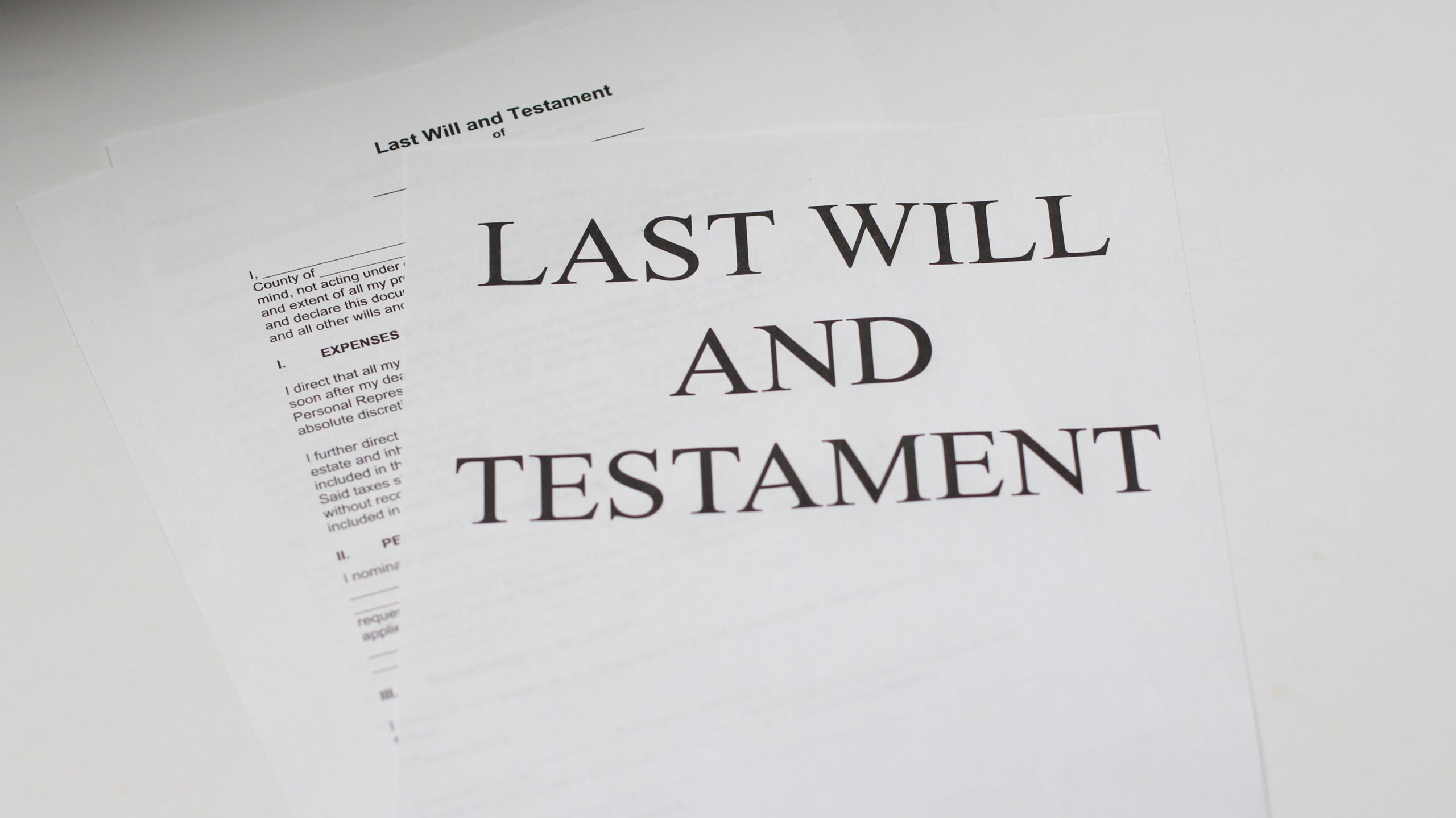In the previous article, Prenuptial Agreements Explained, I discussed the importance of having a prenuptial agreement (aka “prenup”) for certain couples. Despite its importance, not every couple gets a prenup because they feel that it is unromantic, or they simply don’t know how to structure a financial agreement with their soon-to-be spouse without hurting their feelings. Let’s face it…few of us like to discuss money, and even fewer of us want to admit that we don’t trust our loved ones 100% with our money.
One such tool to alleviate the perhaps uncomfortable conversation with your fiancé about a prenuptial agreement is to propose a “sunset clause.” A sunset clause sets an expiration date for the agreement or parts of the prenup. Essentially, a sunset clause stipulates that the prenup will no longer be valid after a certain period of time, typically a specified number of years into the marriage.
A sunset clause can be included in a prenup for a variety of reasons. One common reason is that it allows a couple to reevaluate their financial situation and needs after a certain period of time. For example, a couple may include a sunset clause in their prenup that sets the expiration date for 10 years into the marriage. After 10 years, they can review the prenup and decide whether it still meets their needs, or whether they need to make changes to reflect their current financial situation, given the level of trust in their relationship. After 10 years, you may feel more comfortable sharing some of your separate property with your spouse.
Remember, prenups are flexible so they do not have to indicate that everything will be the separate property of each spouse. A prenup can have clauses that may say, if a spouse quits his/her job for the benefit of marriage (such as to take care of children), the other spouse will be responsible for monthly payments to the unemployed spouse’s retirement account equal to the average monthly contribution during the preceding 12 months for the unemployment period.
ELP can help you and your fiancé develop creative ideas for your prenuptial agreement so that the result is fair and equitable.







